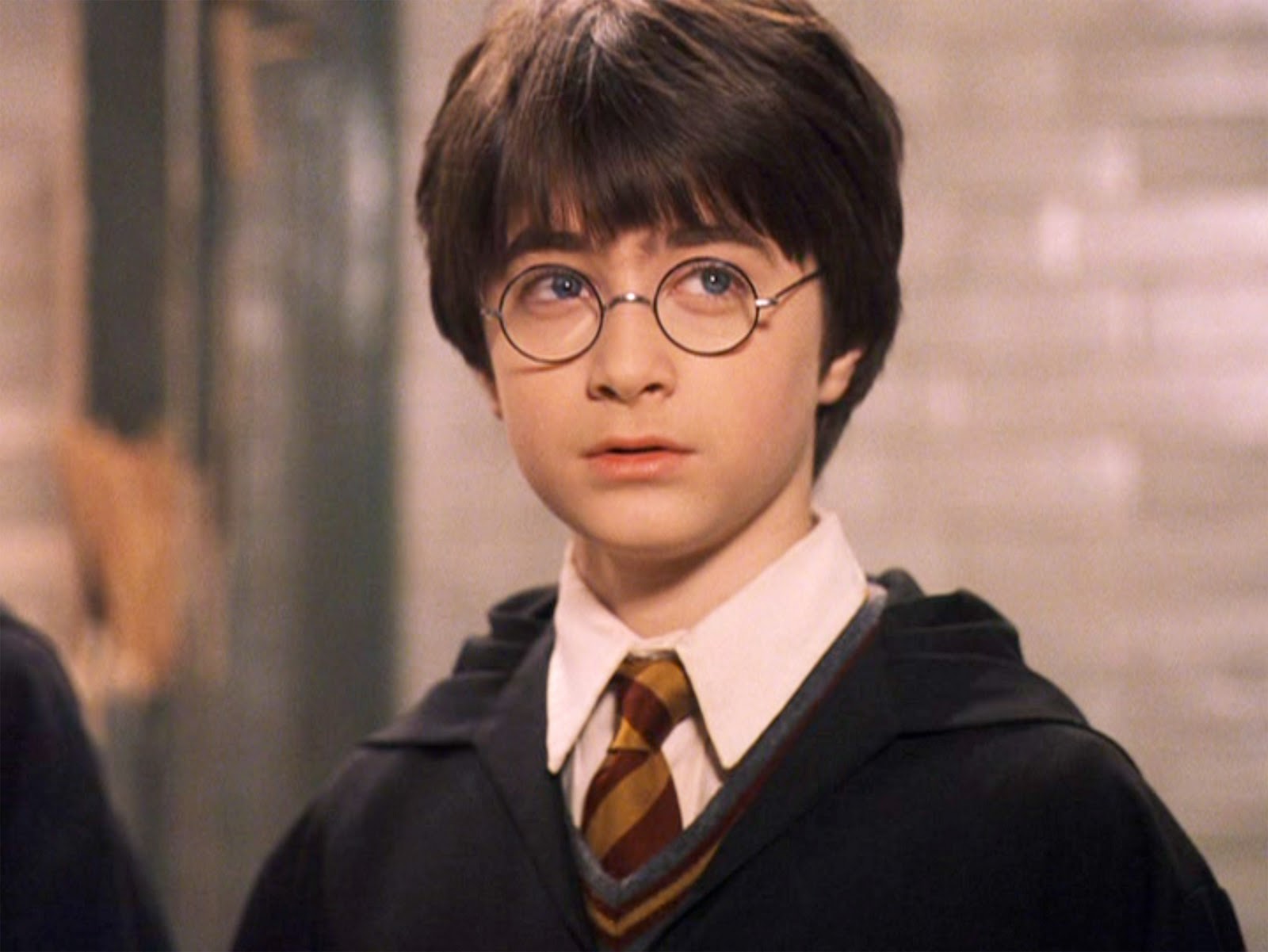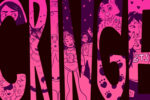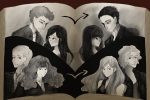The sad nature of life is that it ends. When death comes knocking at the door of one of your loved ones, you will find yourself in a somber state of bereavement. This often leads to grieving, mourning and other bouts of sadness.
If you have, are or in the future will experience this, don’t fret. According to the Mental Health American Foundation, “Mourning is the natural process you go through to accept a major loss. Mourning may include religious traditions honoring the dead or gathering with friends and family to share your loss. Mourning is personal and may last months or years.”
There are myriad ways to help you process and recover in the wake of loss, some of which are excellent. If you currently find yourself in the middle of the storm, don’t be afraid to reach out to others. Another great resource is this article written by Richard Asa for the Chicago Tribune.
But, if you’re anything like me, many of the more traditional coping methods seem to fall flat. I found comfort in a very different source. As an avid reader, I turned to the one tried-and-true method that I knew I could assimilate into my own recovery process: reading. Out of the wide, wide world of literature, however, there was one series in particular that leapt out at me.
Maybe it can help you, too.
Joanne Rowling, under the name J. K. Rowling, first released “Harry Potter” on Thursday, June 26, 1997, in Great Britain. Since then, the fantasy series chronicling the life of a young boy named Harry Potter who discovers that he is, in fact, a wizard has gone on to achieve worldwide fame in a way that few others have. In that regard, perhaps Rowling’s own pen scrawls out the most apt description in “The Sorcerer’s Stone”: “This boy will be famous. There won’t be a child in our world who doesn’t know his name.”
The story of The Boy Who Lived differs from most other juvenile fantasy series. While the first books in the series bear a sort of childlike innocence, everything changes with the arrival of the gargantuan “Harry Potter and the Goblet of Fire.” From the fourth installment on, Rowling has no qualms about writing heart-wrenching endings for beloved characters. The brilliance behind the way she writes these deaths is almost unparalleled in mainstream franchises.
Unlike a bevy of other books, movies and TV shows, “Harry Potter” treats characters’ deaths as if they are real. Harry and his friends lose people they care about deeply, and you can walk with Harry as he himself attempts to cope.
Cedric Diggory’s death is a milestone in the series. Though Lily and James Potter died prior to the start of “The Sorcerer’s Stone,” it isn’t until Cedric that a real-time loss occurs, and Hogwarts is sent into a state of shock.
At Cedric’s funeral, however, Dumbledore offers this as a form of solace — and well-needed piece of advice — “Remember Cedric. Remember, if the time should come when you have to make a choice between what is right, and what is easy, remember what happened to a boy who was good, and kind, and brave, because he strayed across the path of Lord Voldemort. Remember Cedric Diggory.”
From then on, death becomes prominent in every novel. Over the span of the last three novels, Sirius Black, Albus Percival Wulfric Brian Dumbledore, Alastair Moody, Remus Lupin, Nymphadora Tonks, Fred Weasley and Severus Snape all pass on. And you get to grieve alongside the living, keeping phrases like “Do not pity the dead, Harry. Pity the living, and, above all those who live without love” close to your heart.
Some might argue that reading these deaths is like pouring salt on an open wound, but I beg to differ. The recovery process is a longwinded journey, and to walk on eggshells at every moment is to keep yourself out of the realness of the world.
Dumbledore, the sage old headmaster who readers can’t help but associate with an advanced form of sentience, is quick to remind you that death is as real and natural as any other facet of life. “To the well-organized mind, death is but the next great adventure,” the headmaster says in “The Sorcerer’s Stone.” Keeping that perspective as you walk through your own life trials can be key to your coping process.
Harry himself is an orphan, having lost both of his parents to the nefarious Lord Voldemort as an infant. The lack of a father and mother undoubtedly leaves a deep psychological impact on him, and he has to learn to keep his head up, which Dumbledore asserts is a matter of choice, no matter how difficult. “Happiness can be found, even in the darkest of times, if one only remembers to turn on the light,” he says.
Perhaps the strongest piece of advice found in “Harry Potter” comes from “The Prisoner of Azkaban,” the third installment of the series. In the wake of discovering more, previously unknown details about the death of his parents, Harry is consoled by Dumbledore. “You think the dead we loved ever truly leave us? You think that we don’t recall them more clearly than ever in times of great trouble?” he asks. “Your father is alive in you, Harry, and shows himself most plainly when you have need of him. How else could you produce that particular Patronus? Prongs rode again last night.” Moments like these were catalysts of catharsis for me.
Even if it’s been years since the last time you picked up a “Harry Potter” novel, or have never considered yourself much of a reader, I highly recommend giving them a try, especially in the wake of losing a loved one. The series is full of pearls of authentic wisdom that bring even adults to tears. And that’s okay. There’s an age-old adage that contends that to love is to lose, and “Harry Potter” does not do a disservice to either.
You might not be a wizard, but that doesn’t mean you can’t experience the magic of lives so fully lived at Hogwarts.
















